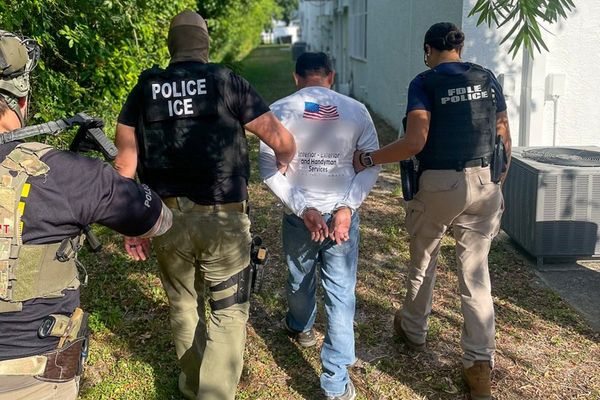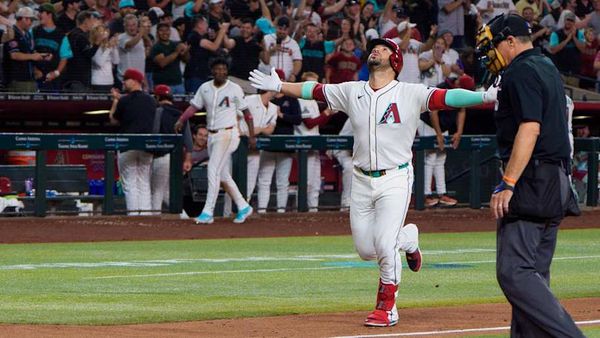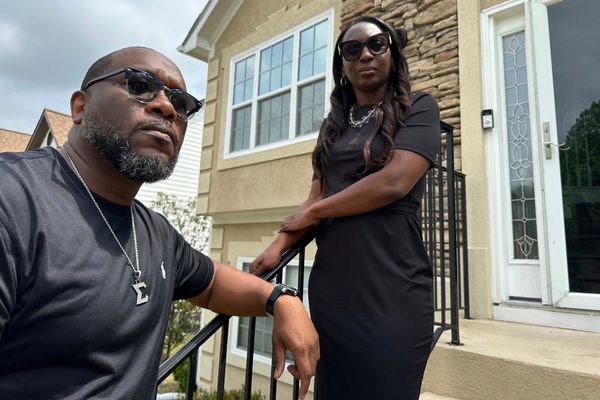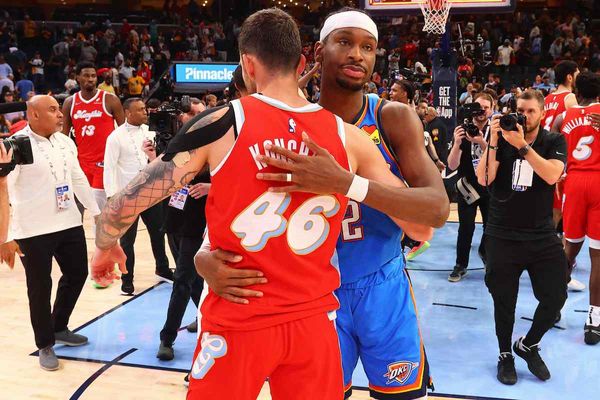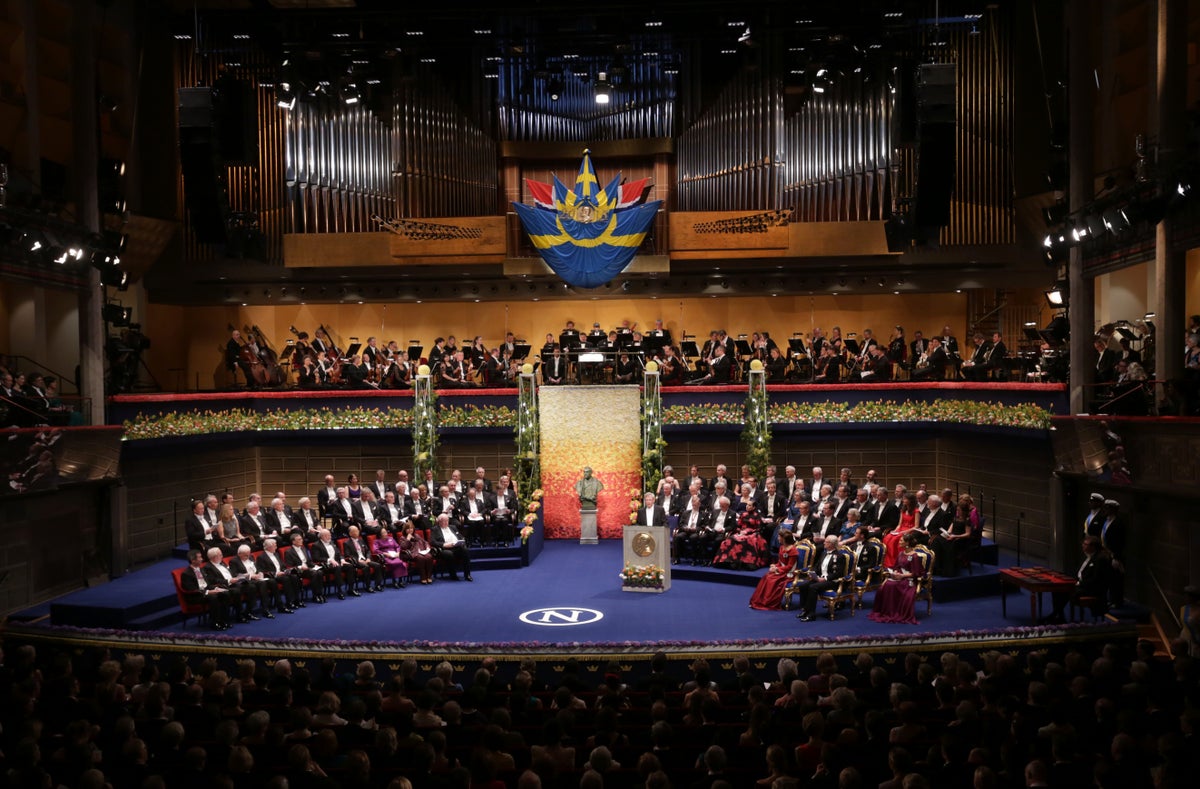
Russia has been barred from participating in this year’s Nobel Prize ceremony over its invasion of Ukraine.
The Nobel Foundation had initially decided to invite Russia “in accordance with previous practice”, but said the decision provoked “strong reactions” in Sweden.
The foundation said in a press release on 2 September that it was repeating “last year’s exception to regular practice”, citing the “strong reactions”.
It said the ambassadors of Russia, Belarus and Iran would not be invited to the Nobel Prize award ceremony in Stockholm.
“The decision by the Nobel Foundation to invite all ambassadors to the Nobel Prize award ceremony, in accordance with previous practice, has provoked strong reactions,” it said, adding that the basis for the decision was that it was “important and right to reach out as widely as possible with the values and messages that the Nobel Prize stands for”.
Citing an example, it said awarding the peace prize last year to human rights fighters from Russia and Belarus as well as to Ukrainians who worked for documenting Russian war crimes sent a clear political message.
“We recognize the strong reactions in Sweden, which completely overshadowed this message. We, therefore, choose to repeat last year’s exception to regular practice – that is, to not invite the ambassadors of Russia, Belarus and Iran to the Nobel Prize award ceremony in Stockholm,” the statement said.
Nobel prize winners are expected to be announced between 2 and 9 October and five of the six winners are awarded in Stockholm every year after a secretly-kept nomination process.
The Nobel peace prize, however, is awarded in Oslo, for which the foundation said “as before, all ambassadors will be invited to the ceremony”.
The announcement was welcomed by the Swedish prime minister as well as officials in Ukraine.
“I welcome the new decision of the board of the Nobel Foundation regarding the Nobel Prize award ceremony in Stockholm,” Sweden’s prime minister Ulf Kristersson said on X, formerly known as Twitter.
Oleg Nikolenko, a spokesperson for Ukraine’s foreign ministry, called the decision “restoration of justice”.


